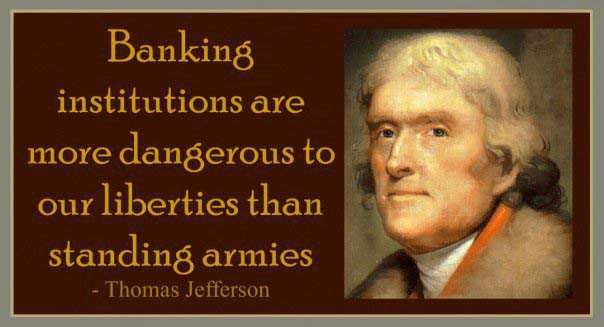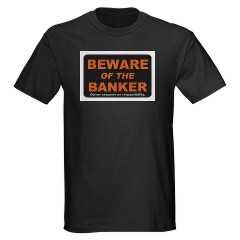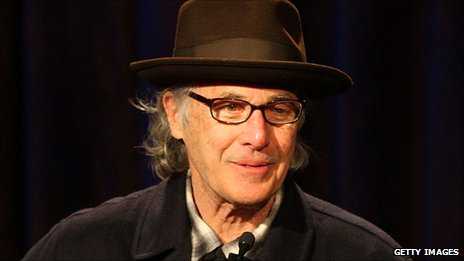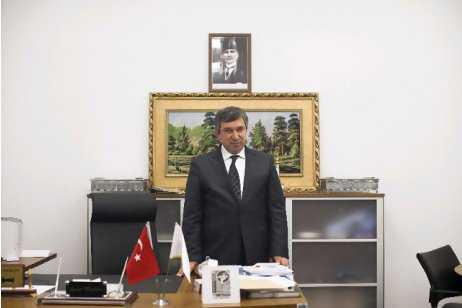Joe Murphy, Political Editor

David Cameron today attacked a “slow-motion moral collapse” in Britain and called for a revival of traditional Christian values.
In a keynote speech, he condemned a growing “do as you please” culture in which people, including political leaders, increasingly feared criticising the bad choices of others.
“Whether you look at the riots last summer, the financial crash and the expenses scandal or the on-going terrorist threat from Islamist extremists around the world, one thing is clear,” said the Prime Minister. “Moral neutrality or passive tolerance just isn’t going to cut it any more.”
Addressing Church of England members at Christ Church Cathedral, Oxford, he went on: “Put simply, for too long we have been unwilling to distinguish right from wrong. ‘Live and let live’ has too often become ‘do what you please’.”
Mr Cameron, whose speech marked the 400th anniversary of the King James Bible, said people should openly proclaim the explicit values of Christianity.
He criticised the notions that by “standing up for Christian values we somehow do down other faiths”, or that it was offensive to pass judgment on other people’s behaviour.
“I think these arguments are profoundly wrong,” he said. “And being clear on this is absolutely fundamental to who we are as a people, what we stand for and the kind of society we want to build. We are a Christian country and we should not be afraid to say so.” The Prime Minister admitted that his own faith was racked by doubts. “I claim no religious authority whatsoever,” he said.
“I am a committed – but I have to say vaguely practising – Church of England Christian who’ll stand up for the values and principles of my faith but who is full of doubts and, like many, constantly grappling with difficult questions.”
He listed Christian values in British society as “responsibility, hard work, charity, compassion, humility, self-
sacrifice, love, pride in working for the common good and honouring the social obligations we have to one another, to our families and our communities”.
He went on “These are the values we treasure. Yes, they are Christian values and we should not be afraid to acknowledge that. But they are also values that speak to us all – to people of every faith and none. I believe we should all stand up and defend them.”
The Prime Minister said the summer riots were partly caused by people “shying away from speaking the truth about behaviour, about morality”. He added: “One of the biggest lessons of the riots is that we’ve got stand up for our values if we are to confront the slow-motion moral collapse that has taken place in parts of our country these past few generations.”
He said faith was no guarantee that people would lead moral lives and stressed that many atheists and agnostics lived by strong moral codes.
But religious faith could inspire people to more ethical decisions. “The absence of any real accountability, or moral code, allowed some bankers and politicians to behave with scant regard for the rest of society,” he said.
An “almost fearful, passive tolerance of religious extremism” had let Islamic extremism grow unchallenged.
During his speech, Mr Cameron also hailed the King James Bible as one of the greatest and most important works of literature.
www.thisislondon.co.uk, 16 Dec 2011





